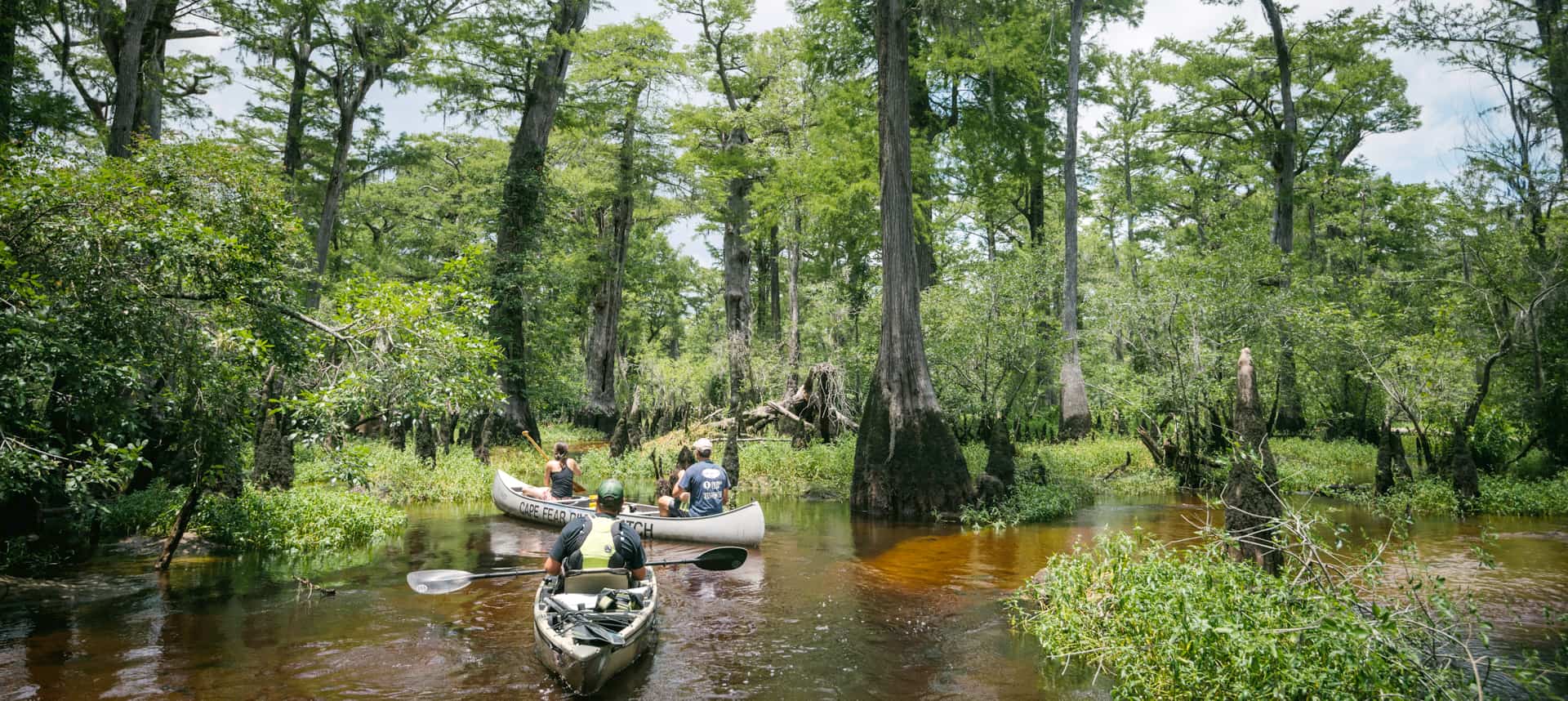Share this article
Ancient East Coast cypress trees protected in conservancy
A tract of land in North Carolina that is home to the oldest trees east of the Rockies — bald cypress trees dating to Roman times — is being protected for future generations.
Duke Energy, in conjunction with an agreement with the Cape Fear Conservation and Preservation Fund, provided $225,000 to help The Nature Conservancy purchase the property. The organization is matching that contribution with dollars from private donors.
“We’re committed to protecting and enhancing the natural resources that future generations will depend on,” said Stephen De May, Duke Energy’s North Carolina president. “We value the work The Nature Conservancy is doing to preserve these historic trees so that our citizens can enjoy them for many years to come.”
The 319-acre tract is in Bladen County. It includes the oldest known stand of bald cypress trees in the world, called the Three Sisters. The bald cypress live in the wet swamps along the river. Many wildlife species inhabit the river’s floodplain, including bobcats (Lynx rufus), river otter (Lontra canadensis), black bear (Ursus americanus) and neotropical songbirds like the prothonotary warbler (Protonotaria citrea) and yellow-throated vireo (Vireo flavifrons).
“These trees are one of North Carolina’s and the country’s natural treasures,” said Conservancy Executive Director Katherine Skinner. “We have protected more than 16,000 acres on the Black River. But these trees are the centerpiece of that work.”
University of Arkansas Professor Dr. David Stahle discovered the old trees in the late 1980s when he was doing climate research. Tree rings are a good way to study past climate because they are sensitive to rain and temperature. Tree rings usually grow wider in warm, wet years and thinner in cold, dry years. One of the bald cypress dates to 364 A.D., making it the 10th oldest species of tree on earth. Stahle has revisited the area and done more research recently. He says it is likely that there are even older trees on the property and elsewhere along the river.
The Black River flows 60 miles through Sampson, Pender and Bladen counties before emptying into the Cape Fear 14 miles above Wilmington.
Header Image: Canoes pass below a stand of cypress trees along the Black River in North Carolina. ©Andrew Kornylak








